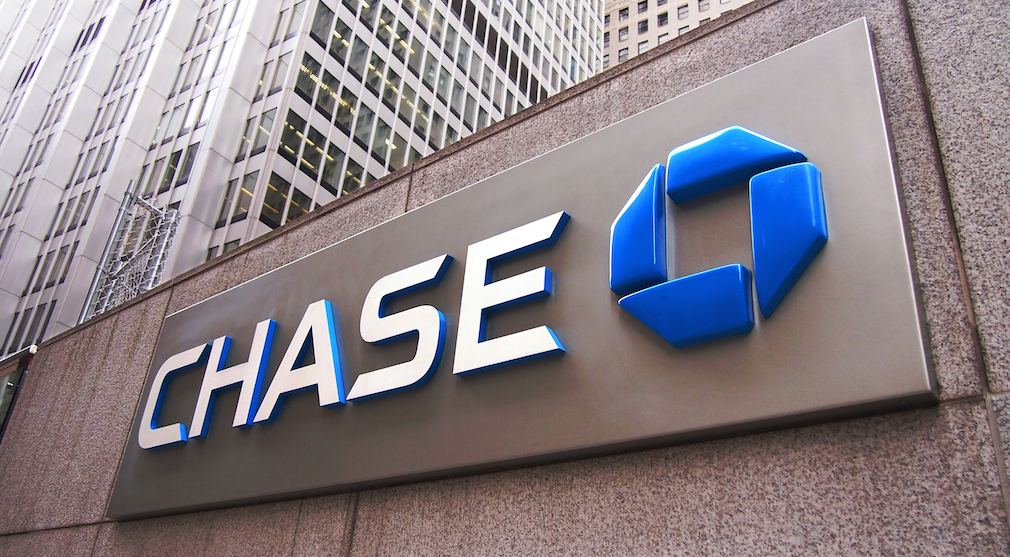In the first quarter of 2018, JPMorgan Chase saw a significant increase in its earnings from both the previous quarter and previous year – despite the drag from its mortgage origination volume.
After plummeting to $4.5 billion in the fourth quarter due to adjustments for the new tax reform law, JPMorgan’s revenue surged once again in the first quarter to $8.7 billion. This is also up from $3.3 billion in the first quarter of 2017.
This is a total earnings per share of $2.37, up from $1.65 in the first quarter of 2017 and from $1.07 in the fourth quarter.
The bank’s revenues also increased, rising from $25.5 billion in the fourth quarter and $25.6 billion in the first quarter last year to $28.5 billion in the first quarter of 2018.
The majority of the consumer and community banking revenue, which increased 15% from $1.6 billion last year to $12.6 billion in the first quarter this year, was due to higher net interest income on deposit and credit card margin expansion and balance growth, lower card net acquisition costs and higher auto lease volumes.
“2018 is off to a good start with our businesses performing well across the board, driving strong top-line growth and building on the momentum from last year,” JPMorgan Chairman and CEO Jamie Dimon said. “We have been outpacing the industry on consumer deposit growth while attracting significant net new money and growing client investment assets 13%.”
“Card sales and merchant processing volume both grew double digits, reflecting our investments in new products and innovation focused on our customers’ needs,” Dimon said.
But working against this increase was the bank’s home lending sector, which saw its revenue drop in the first quarter. Average loans decreased from $240.7 billion in the fourth quarter to $240.4 billion in the first quarter. But this is still up from $233 billion reported in the first quarter of 2017.
Loan originations, however, were down both quarter-over-quarter and year-over-year, decreasing from $24.4 billion last quarter and $22.4 billion in the first quarter last year to $18.2 billion in the first quarter this year.
“The global economy continues to do well, and we remain optimistic about the positive impact of tax reform in the U.S. as business sentiment remains upbeat, and consumers benefit from job and wage growth,” Dimon said. “We are committed to doing our part – and this company can be an engine that helps drive inclusive economic growth for all Americans, including our $20 billion long-term investment in our employees and communities, and we’re working to tackle broader issues, like healthcare, that can help the whole country.”







